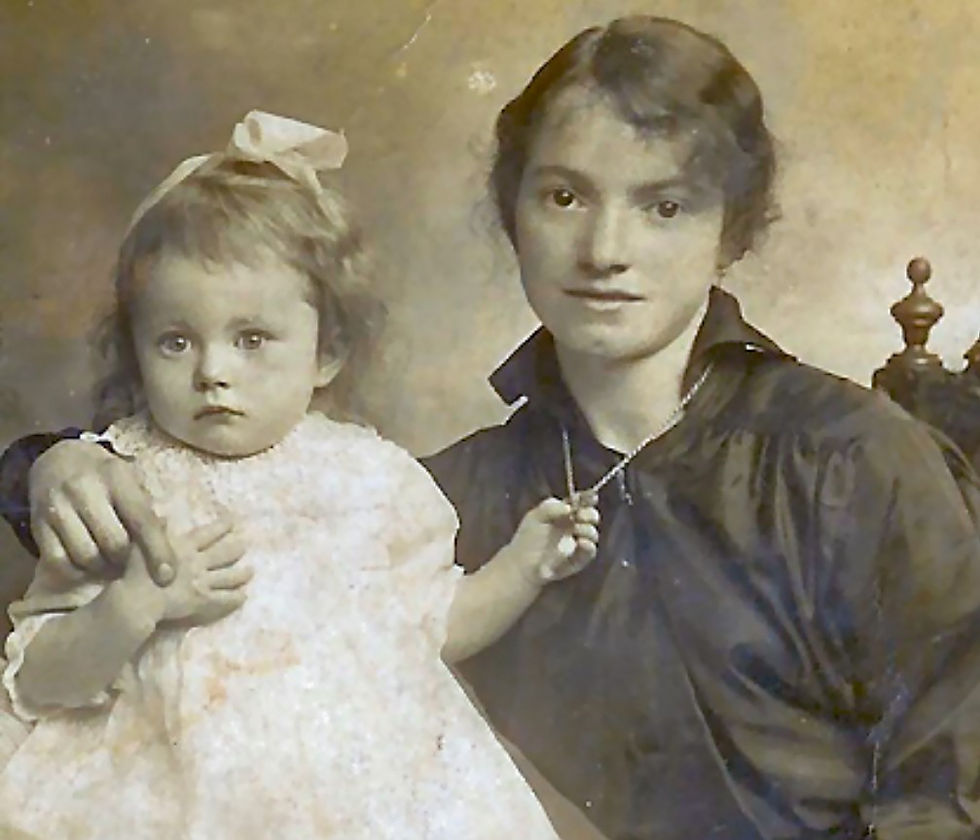Bill the Bastard
- Claire Jordan
- Apr 24, 2022
- 3 min read

For Anzac Day, here is Bill the Bastard.
Bill was was one of the 130 000 horses who would never see home again when he left Australia, bound for War.
He was fierce, cranky, smart, strong and, as it turned out, had a very brave heart.
Though he was a Waler, a hardy Australian riding horse, he could only be employed as a pack animal because he would suffer very few men to stay on his back for longer than it took to throw them off.
When he was landed at Gallipoli, they began to use Bill as a messenger, tasked with covering the 7km necessary to bring mail to Anzac Cove.
The beleaguered diggers bet freely on whether Bill would get through with or without his rider.
He always got through, though the Turkish forces tried very hard to stop him.
On one occasion, Bill arrived riderless with bullets in his flanks, and was saved by a quick-acting vet.
And now, as he convalesced, this was the moment when Bill met his new best cobber, horse-whispering soldier Michael Shanahan.
He’d seen Bill’s blood-soaked arrival that day, and helped him recover, treating him with respect and none of the brutality that could accompany official military attitudes to horses a century ago, especially recalcitrant ones.
Shanahan understood Bill, and Bill understood him.
They both survived Gallipoli, and Shanahan was astride Bill on 5th August 1916 when 100 000 horses charged out into the hideous heat of the Sinai Desert at the Battle of Romani, the vital defence of the Suez Canal and the surrounding wells, over which the enemy was trying very hard to gain control.
In the middle of the battle, Shanahan and Bill saw some Tasmanian riders of the Australian Light Horse in desperate trouble and galloped into the hail of gunfire to their aid.
Bill stood steady with monumental courage amide the noise and terror while Shanahan loaded four wounded Horsemen onto his back, then mounted Bill himself.
Bill got them all back to safety in one go: three men on his back, one on each stirrup, miles through soft sand at a lumbering gallop.
Then he headed out with Shanahan to do it all again; they kept going for six hours. One general went through 17 horses in the same time.
Later in the day, Shanahan, now nearing exhaustion, was himself hit in the leg, but kept going until he collapsed onto his loyal horse, unable to continue.
Bill then carried him, unasked, for three kilometres, and delivered him to the one man he knew could help his mate, the vet, although Shanahan was transferred to the MO’s care and his leg was eventually amputated.
They had played a vital part in the battle, the first time the Turks had been defeated in the Middle East.
Bill was officially retired from front-line duties after Romani, but was by now so legendary that everyone wanted him for their unit.
He would carry machine guns or lead the line, whatever was asked of him, as long as he was asked politely.
At the end of the War, when most serving horses were very shabbily treated, Bill was left with villagers on Gallipoli on the understanding that he was never to be ridden.
And there he guarded the Anzac fallen for the rest of his days.
Service animals are never ‘just’ animals. Lest We Forget.






Comments